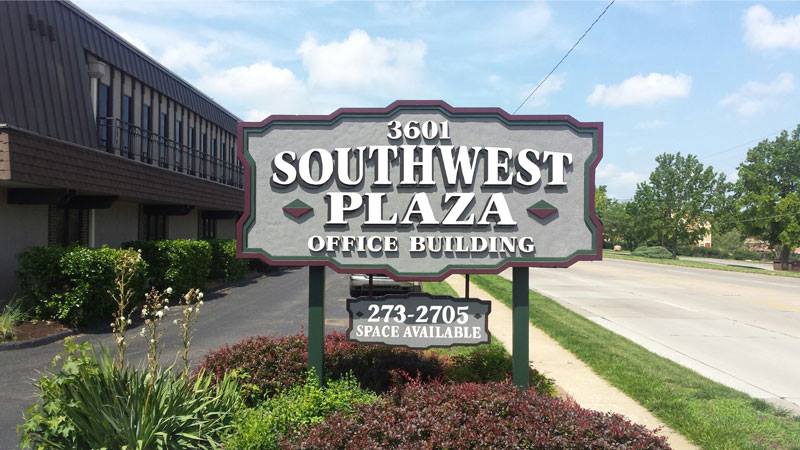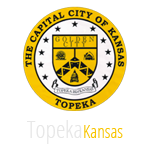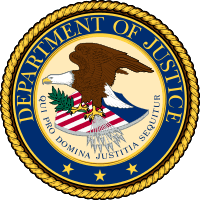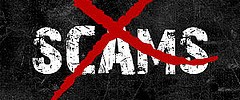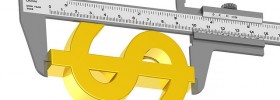Super Lawyers announced today that our attorneys, Mark W. Neis and Jill A. Michaux, were selected to the 2022 Super Lawyers list as consumer bankruptcy attorneys in Kansas. This list recognizes up to five percent of attorneys in the state.
Topeka’s only consumer bankruptcy law specialists
Neis and Michaux have helped thousands of clients obtain much needed relief and financial fresh starts. They are a husband and wife boutique law firm established almost four decades ago. They are Topeka’s only consumer bankruptcy law specialists. They were board certified by the American Board of Certification.
Boutique bankruptcy law firm
Neis and Michaux were named Super Lawyers in consumer bankruptcy law practice. Super Lawyers has previously named Neis in 2009, 2011, 2015 – 2017, 2020 – 2022 and Michaux in 2008 – 2009, 2011 – 2022.
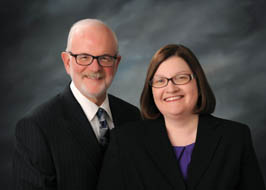
List aids consumers finding a bankruptcy attorney
Part of Thomson Reuters, Super Lawyers is a rating service of lawyers who have attained a high degree of peer recognition and professional achievement. Attorneys are selected from more than 70 practice areas and all firms sizes, assuring a credible and relevant list.
The annual selections are made using a multiphase process that includes
- peer nominations
- independent research y Super Lawyers
- evaluations from a highly credentialed panel of attorneys
The objective of Super Lawyers is to create a credible, comprehensive and diverse listing of attorneys as a resource for both consumers seeking legal counsel and referring attorneys.
